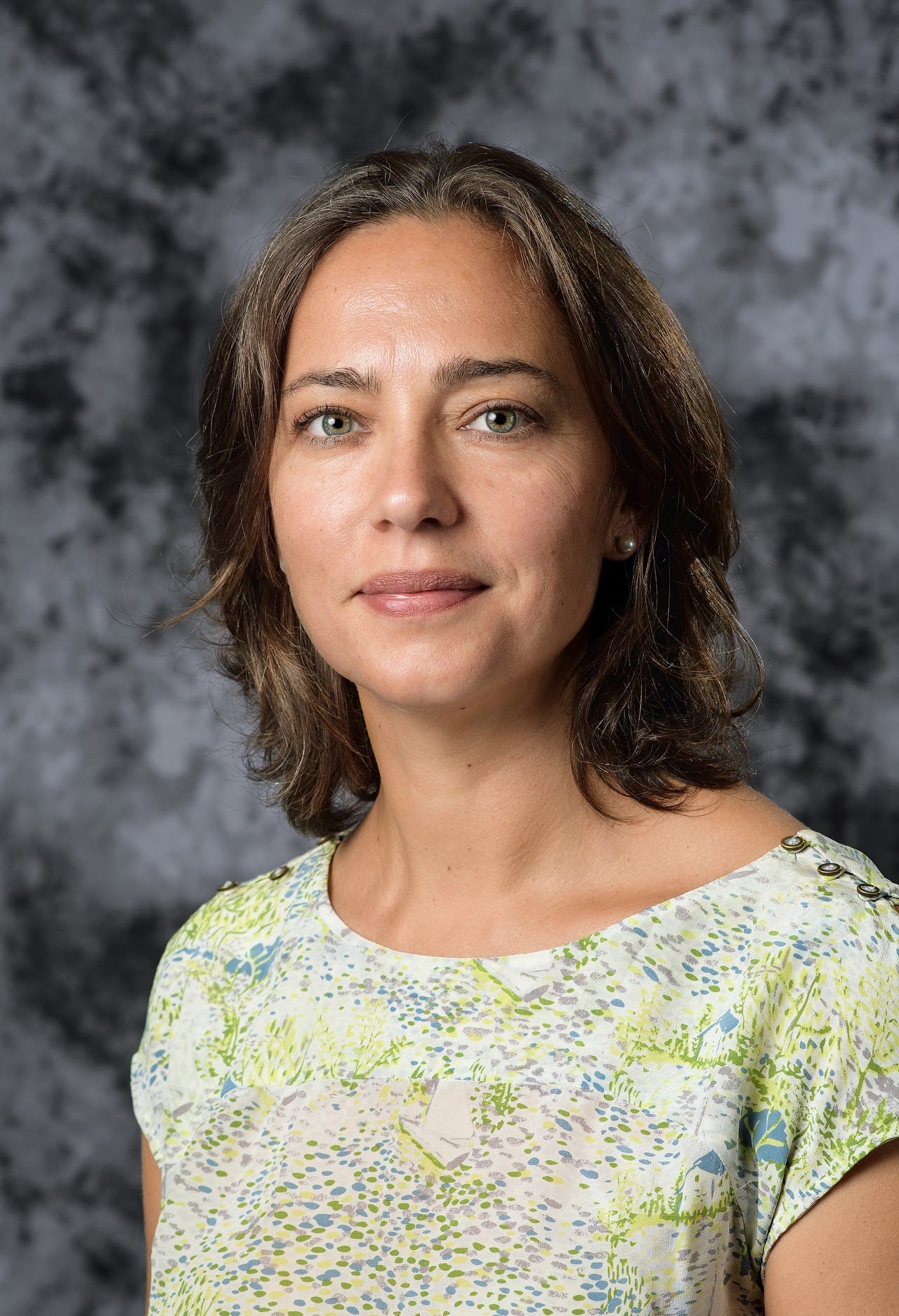
Claudia Scarlata received her PhD from Padova University, in 2004. After holding postdoctoral positions at ETH-Zurich (CH) and Caltech, in 2011 she moved to the University of Minnesota, Twin Cities, where she is currently a Distinguished McKnight professor. Her research focus on problems related to the formation and evolution of galaxies. She is involved in the upcoming Euclid space mission, supporting the planning and optimization work for the cosmological surveys. More recently, her work has focused on the physical conditions that enable the reionization of the Universe at z>6.
Talk Title and Abstract
Observational constraints on the gas reservoir of the smallest galaxies
The gas reservoir around galaxies plays a fundamental, while still poorly understood, role in regulating the growth of galaxies, in establishing the scaling relation we observe among galaxies' physical properties as well as in modulating the escape of ionizing radiation from galaxies, and thus their contribution to the reionization process.
Particularly at the low mass end of the mass function, where most of the galaxies reside, the interplay between energy feedback and gas accretion is difficult to model and hard to pin-down observationally. In this talk I will present new results on Pox186, an exceptionally small dwarf starburst galaxy hosting a stellar mass of ∼10^5 Ms. This galaxy shows all characteristics typical of a Lyman continuum emitter, and it is a likely analog of low-mass reionization-era galaxies. I will discuss spatially resolved kinematic data which show evidence of an ionized outflow, with a small mass-loading factor, inconsistent with extrapolations from numerical simulations to similar masses. I will present new results based on modeling of rest-frame far-UV spectra which independently constraints the extent and column density of the gas, and suggest that over the course of its history, Pox186 has lost a large fraction of the carbon produced by the stars.
This will be a hybrid seminar. If you would like to join in person, please meet in the Physics building (Room 308). Would you like to join this seminar via Zoom? Please email WCA.